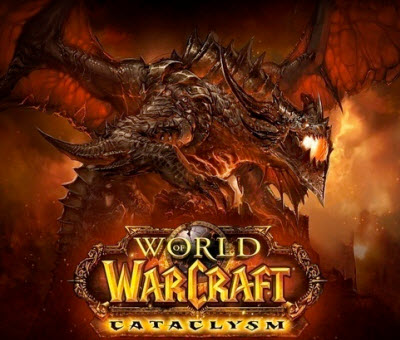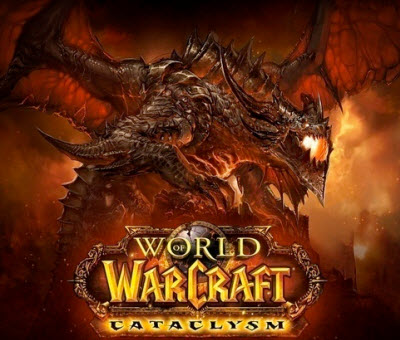 World of Warcraft: Cataclysm, the latest expansion pack for Activision-Blizzard’s online role-playing game, will finally be released in China on July 12.
World of Warcraft: Cataclysm, the latest expansion pack for Activision-Blizzard’s online role-playing game, will finally be released in China on July 12.
Video game launches have become like premieres of Hollywood blockbusters, both in the dollars consumer spend and the time they devote to the product. Cataclysm sold well when it first launched, even though Activision-Blizzard’s first person shooter blockbuster hit Call of Duty Black Ops came out at around the same time and brought in $1 billion in a month. World of Warcraft’s third expansion generated an estimated $188 million in retail sales in its first month.
That means Activision-Blizzard might be due for another huge payday when it releases World of Warcraft: Cataclysm in China. That country accounts for a large chunk of Activision-Blizzard’s 11.4 million subscribers to World of Warcraft. In 2009, the country accounted for around 4 million monthly subscribers to World of Warcraft.
Activision-Blizzard sold more than 4.7 million units of World of Warcraft: Cataclysm in the first month after it was released. On the first day, Cataclysm’s sales topped 3.3 million sold. By comparison,World of Warcraft’s previous expansion pack Wrath of the Lich King sold 2.8 million units on its first day in 2008 and The Burning Crusade sold 2.4 million units on its first day in 2007.
Activision-Blizzard waits to release its expansion packs for World of Warcraft in China because they have to meet strict standards set by China’s General Administration of Press and Publication and China’s Ministry of Culture. Activision-Blizzard, for example, had to alter the models of the Forsaken — a skeletal-like race in World of Warcraft — and turn players’ corpses into gravestones instead of dead bodies.
When the game didn’t meet the standards set by China’s governmental agencies, the game was taken offline. That happened in 2009 before Activision-Blizzard was able to release its first expansion pack of the game, The Burning Crusade, in China. The regulators said that NetEase, which operates the game in China, must stop charging players and cease accepting any new registrations for “gross violations” of Chinese law.
VentureBeat's mission is to be a digital town square for technical decision-makers to gain knowledge about transformative enterprise technology and transact. Learn More

